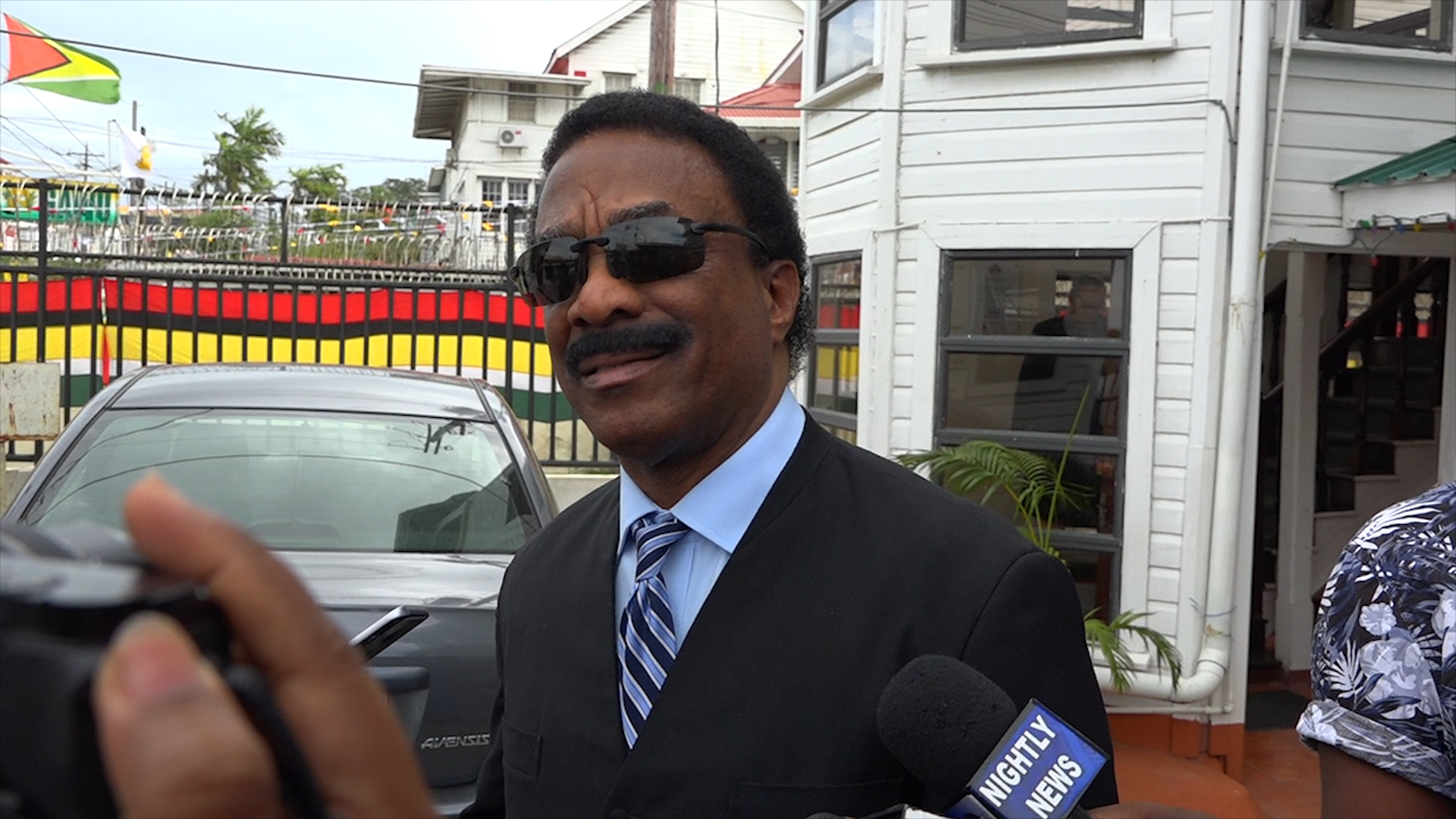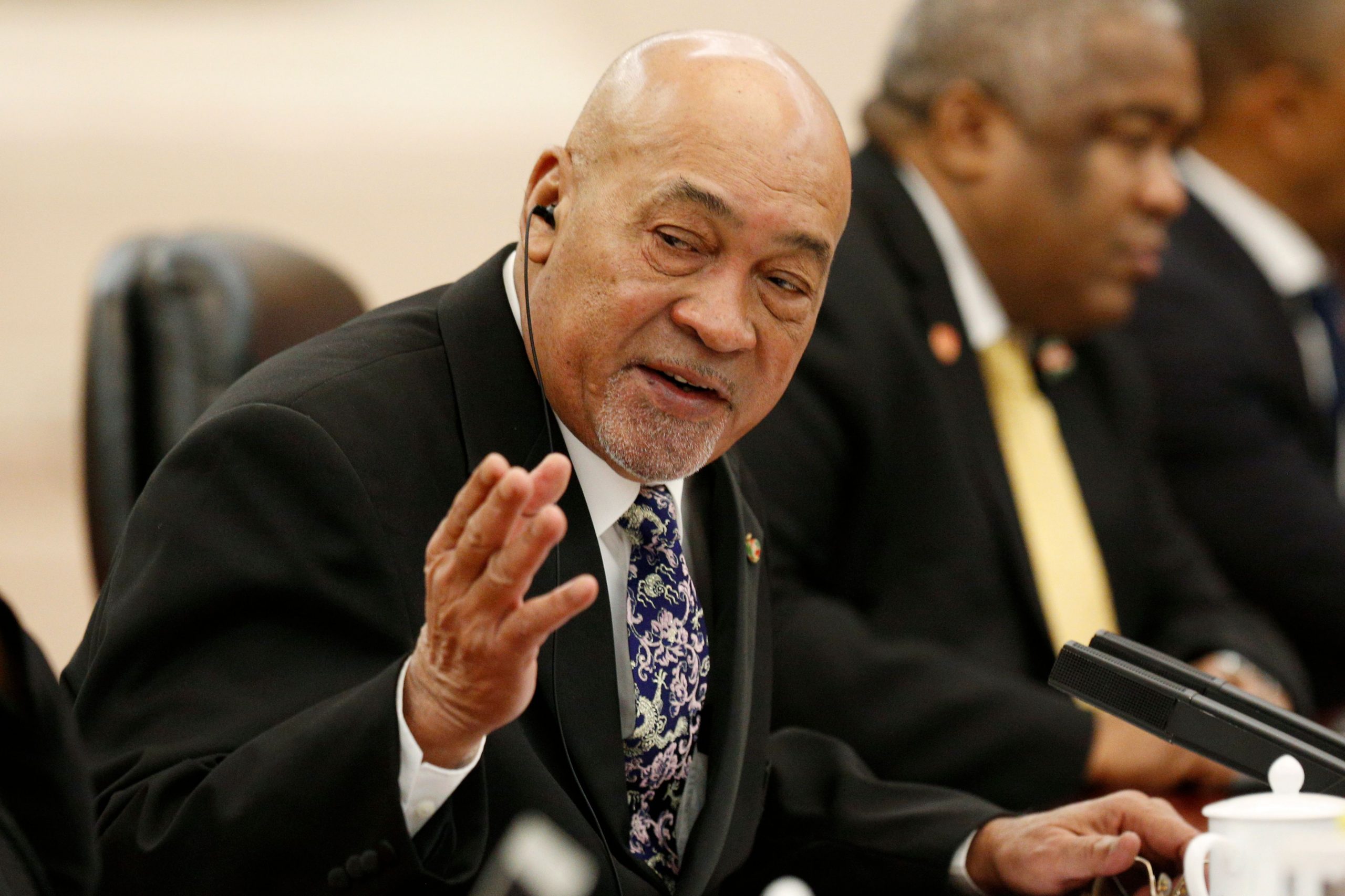
With the Government toppled in a No Confidence vote and the time running out for the holding of elections, the country’s Attorney General Basil Williams is now claiming that the constitution is wrong in dictating that the Government must hold elections.
Article 106 (7) of the constitution dictates that the Government “shall hold an election within three months” after the passage of a No Confidence motion and that an extension can only be made by a favourable vote of two-thirds of the Members of the National Assembly.
But the Attorney General now argues that the provision is “erroneous” in asking the Government to hold elections.
“The Government does not conduct elections,” Williams told reporters outside of the Court of Appeal Thursday where Court of Appeal Judge Rishi Persaud refused to grant an “interim” order preserving the Cabinet and maintaining the status quo while he makes a final decision whether to grant the order.
The Chief Justice on January 31 ruled that the Cabinet automatically ceased to exist just as the No Confidence motion was passed on December 21 and the Government cannot remain in office beyond three months of the passage of the motion unless the National Assembly extends the date by way of a favourable vote of two thirds of the Members of the House.
The Attorney General argued that the sole authority to hold elections is the Guyana Elections Commission and not the Government and so he argued that Article 106 (7) was a “hasty insertion” by the framers of the constitution.
He emphasised that the clear constitutional direction for the Government to hold elections is “ultra vires” of the constitution.
“The framers of the constitution got it wrong,” he declared.
It was under the very constitutional provision that William’s party, the PNC, and a Coalition of parties with the AFC, filed a No Confidence motion in 2015 against the PPP Government of Donald Ramotar.
Williams dodged questions when asked why his Party agreed with the provisions then and is now claiming it is erroneous.
“Well, well, that is something that happened in 2015 or whatever; I am dealing with this now,” he stated.
“That is how the law develops, you learn the law everyday,” he added.
If the three-month deadline expires and there is no extension of the date for elections, Williams denied that there will be a constitutional crisis.
It remains to be seen what action the Government will take.
Williams declined to say whether President David Granger could move to prorogue Parliament like Ramotar did when he faced a No Confidence motion.
According to Article 61 of the Constitution, elections are held three months after the dissolution of Parliament on a date “the President shall appoint by proclamation.”











